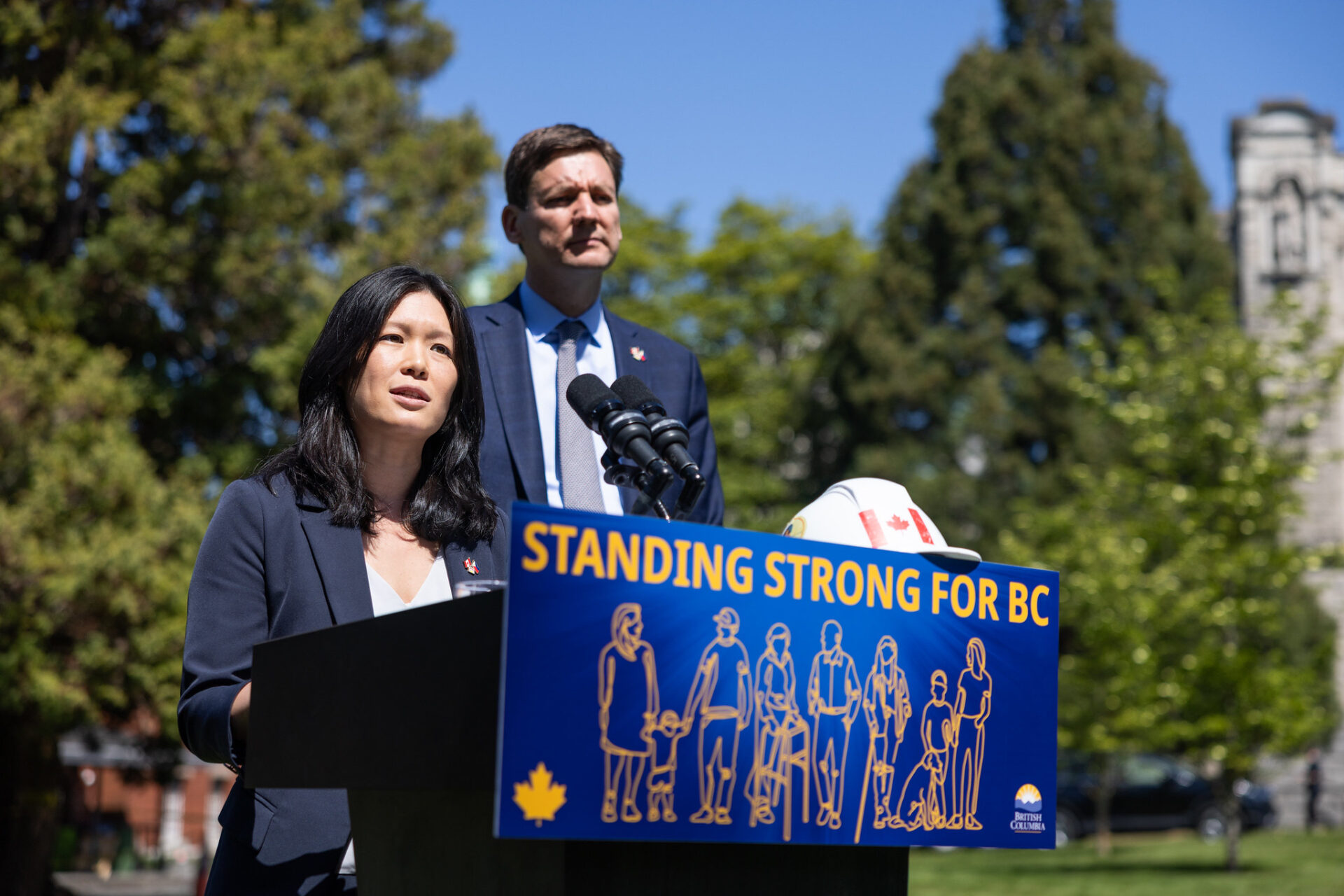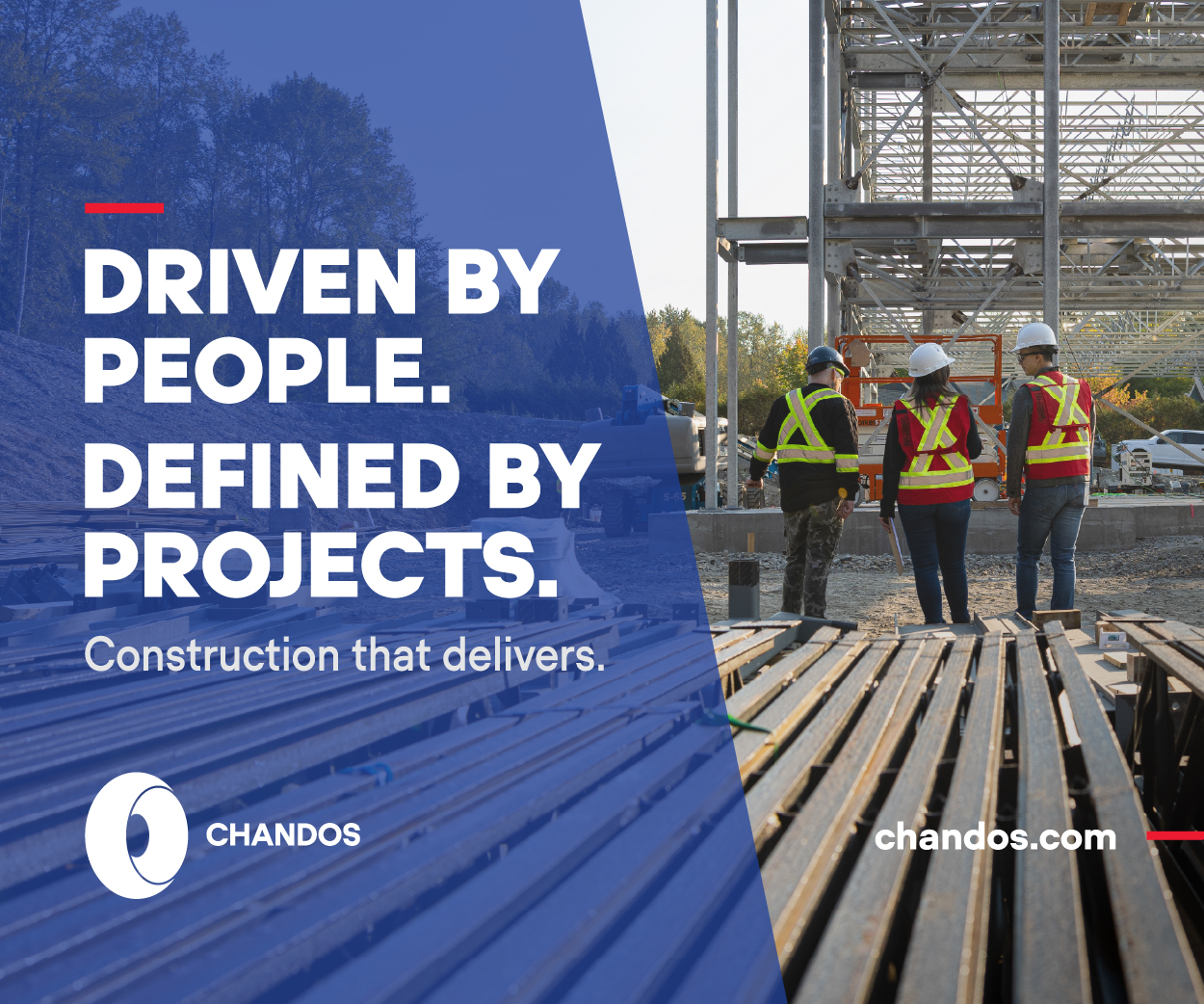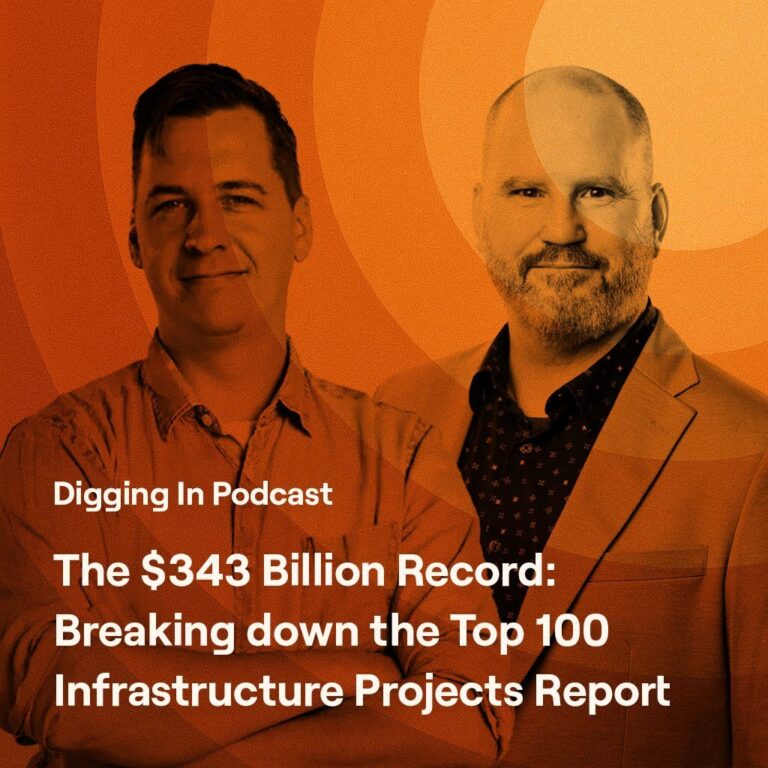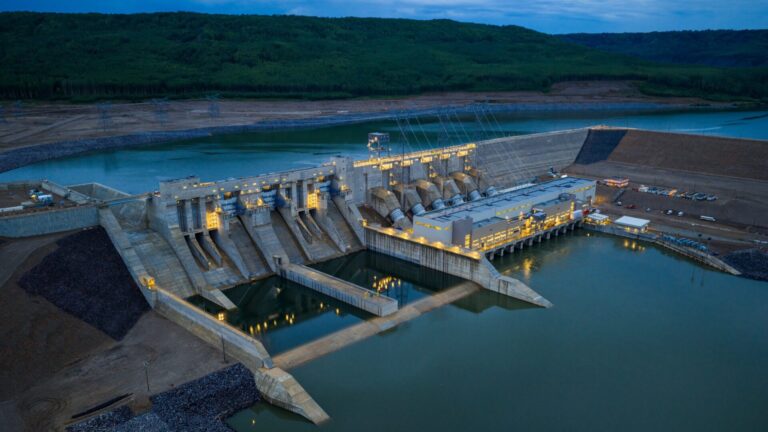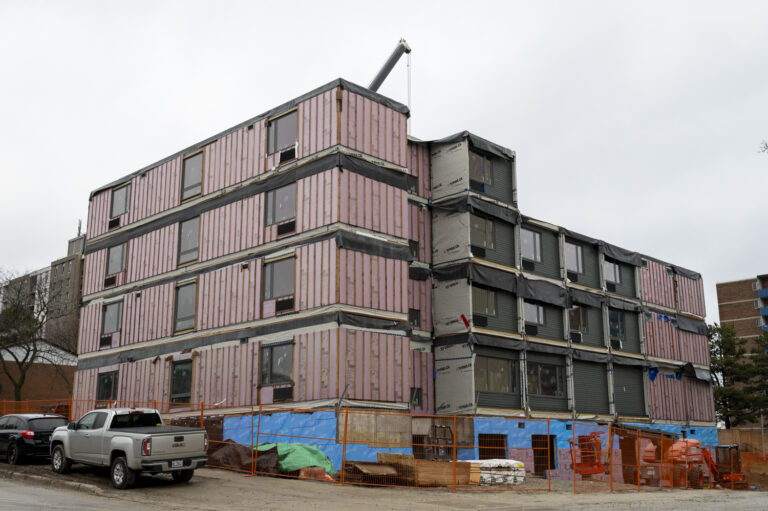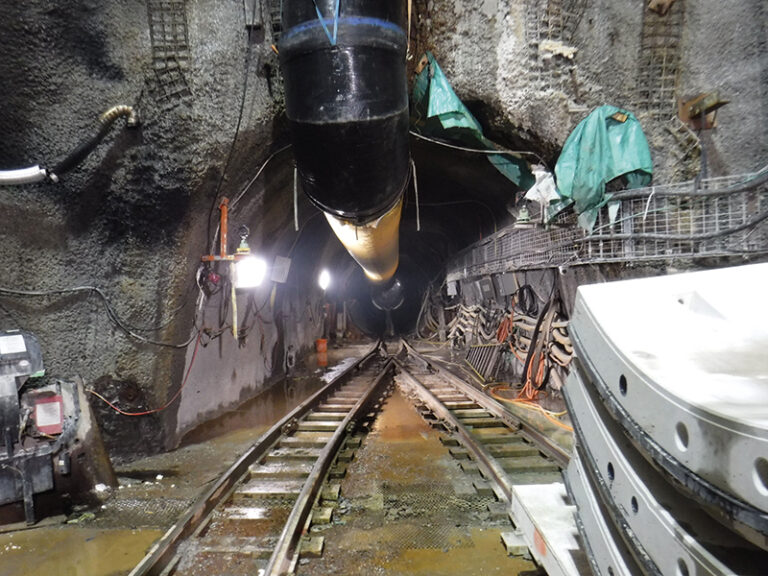The Government of British Columbia narrowly passed Bill 15, the Infrastructure Projects Act, which aims to fast-track major infrastructure projects deemed provincially significant, including schools, hospitals and other core services people rely on, as well as projects delivered by the private sector that are needed to drive economic growth.
The bill faced strong opposition from First Nations leaders, environmental groups, and municipal officials, who argued that it grants excessive power to the government and limits consultation on major projects.
Behind the legislation looms the ongoing trade war with the U.S. and Premier David Eby’s pledge to reduce the province’s reliance on its southern neighbour by boosting economic development.
“At a time of uncertainty caused by Donald Trump’s tariffs, it’s more important than ever that we create more good-paying jobs by delivering the critical infrastructure projects people need – faster,” said Eby. “We are building a record number of new schools, hospitals and major transportation projects across B.C., but too many others face unnecessary and costly delays. This legislation is designed to speed up permitting and approvals to get shovels in the ground more quickly on priority projects.”
To be designated as provincially significant, a project would need to create significant economic, social or environmental benefits for people in B.C. and significantly contribute to provincial priorities such as food security, critical mineral supply, replacement of U.S. imports and disaster recovery. Criteria for the designation of projects of provincial significance will be released in the coming weeks.
Critics rightly point out that while the legislation cuts red tape in order to build schools and hospitals faster, permitting delays and red tape are also slowing down projects not included in the bill, such as roads, bridges, energy, homes and every other type of construction.
“This should have been an across-the-board fix, not a narrowly focused government workaround,” said Chris Gardner, CEO of the Independent Contractors and Businesses Association (ICBA).
While the aim of the legislation is admirable, its passage is disappointing, considering the significant pushback from Indigenous leaders, in particular, who fear Bill 15 is so broad it will give the government carte blanche to steamroll over environmental protections and First Nations rights.
“This legislation undermines our rights and title by granting the BC government unprecedented powers without proper consultation with First Nations,” said Regional Chief Terry Teegee, BC Assembly of First Nations.
All three levels of government need to prioritize the building of critical public infrastructure, but it needs to be done in a manner that respects all stakeholders and in consultation with Indigenous communities, especially when the project is on their lands. What shouldn’t happen is a rush to push one project through over another, or the creation of band-aid legislation that leaves gaps in the process.
John Tenpenny is the Editor of ReNew Canada.
[This article appeared in the July/August 2025 issue of ReNew Canada.]
Featured image: Bowinn Ma, B.C.’s Minister of Infrastructure (left), and Premier David Eby, announcing Bill 15 in May, 2025. (BC Government)

